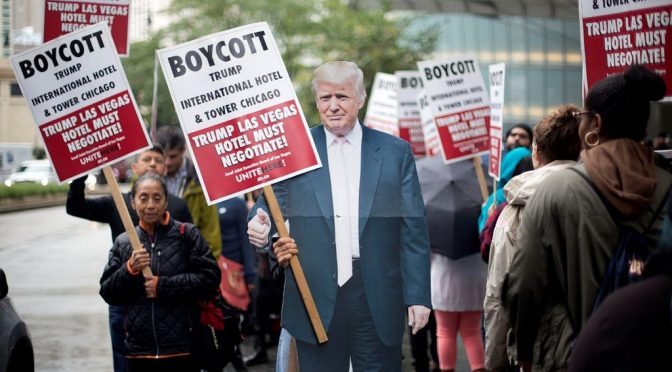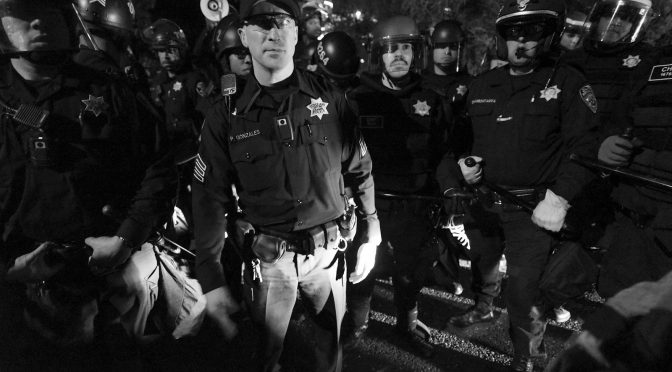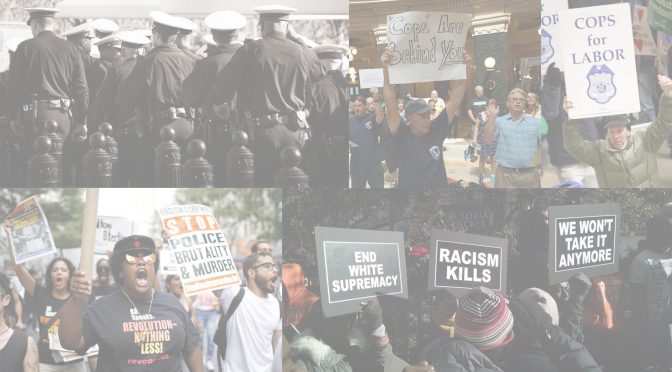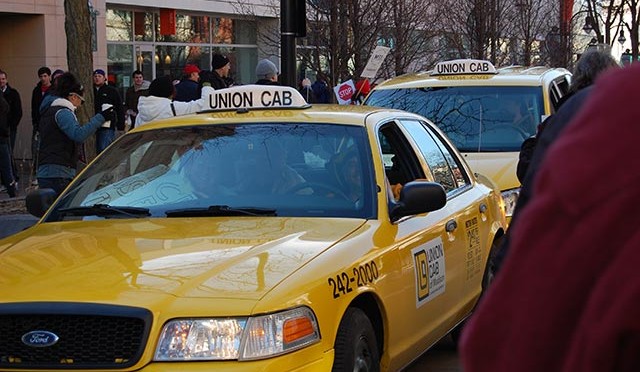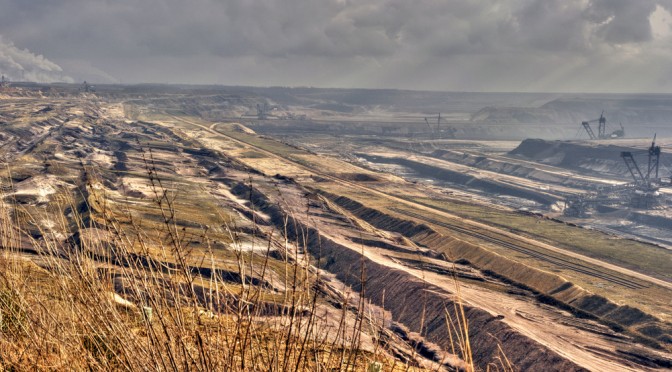On Friday, October 21st, 2016, the Murphy Institute hosted Black, Brown and Blue, a conversation bringing together academics, activists, students, and practitioners to pose crucial questions concerning the criminal justice system and the labor movements’ place and responsibility within it.
This week, an important — if controversial — announcement came from an unlikely place. Terrence Cunningham, president of the International Association of Chiefs of Police, apologized for the the historical role of law enforcement have in the mistreatment of minorities, calling it a “dark side of our shared history.” From the Associated Press:
Cunningham […] said at the group’s annual conference that police have historically been a face of oppression, enforcing laws that ensured legalized discrimination and denial of basic rights. He was not more specific.
Cunningham said today’s officers are not to blame for past injustices. He did not speak in detail about modern policing, but said events over the past several years have undermined public trust. His comments come as police shootings of black men have roiled communities in Ferguson, Missouri; Baton Rouge, Louisiana; and suburban St. Paul, Minnesota; and as black shooters have targeted officers in Dallas, the St. Louis suburb of Ballwin and Baton Rouge.
“While we obviously cannot change the past, it is clear that we must change the future,” Cunningham said. “We must forge a path that allows us to move beyond our history and identify common solutions to better protect our communities.
“For our part, the first step in this process is for law enforcement and the (International Association of Chiefs of Police) to acknowledge and apologize for the actions of the past and the role that our profession has played in society’s historical mistreatment of communities of color,” he said.
Read more at PoliceOne.com.

